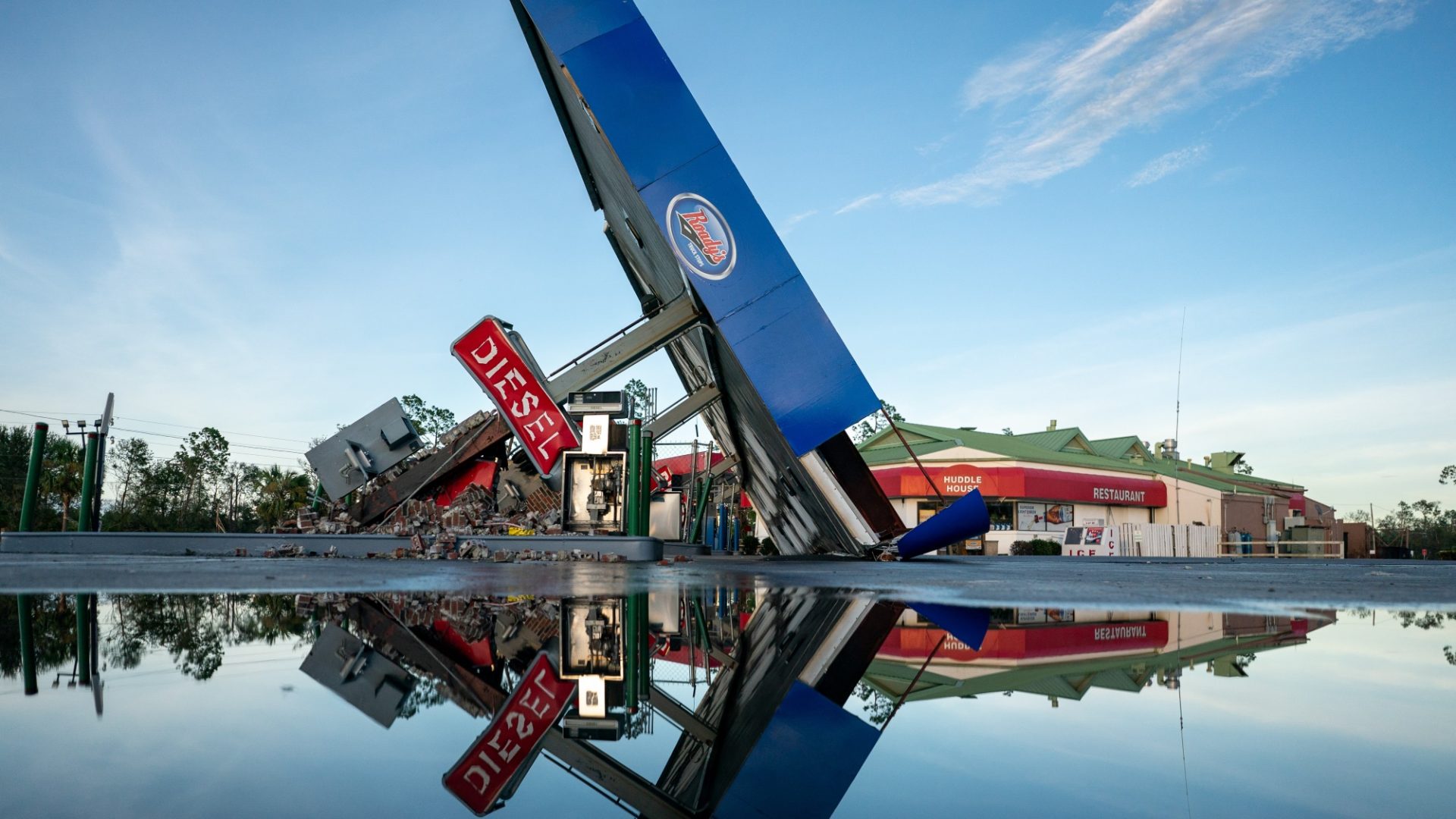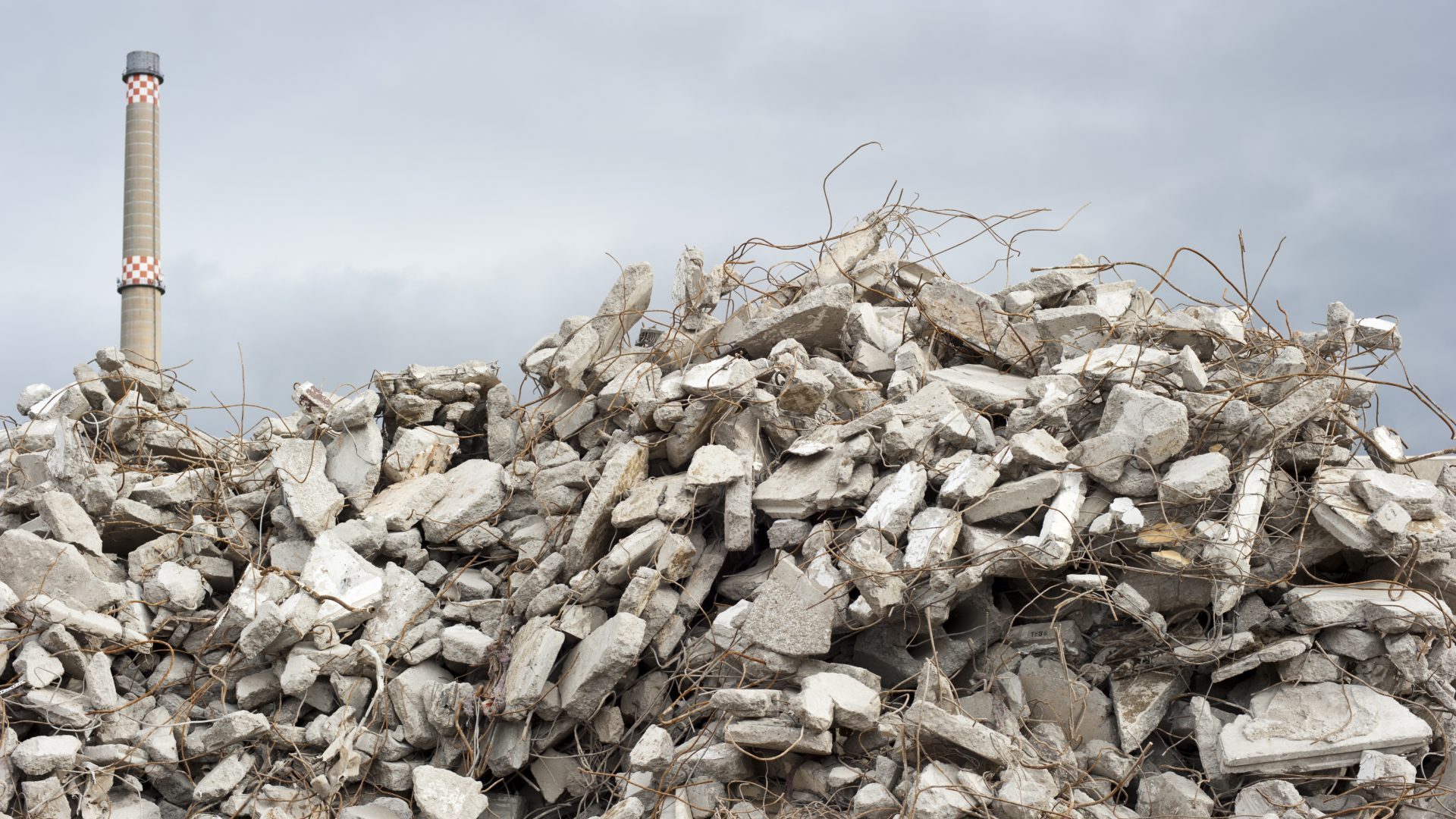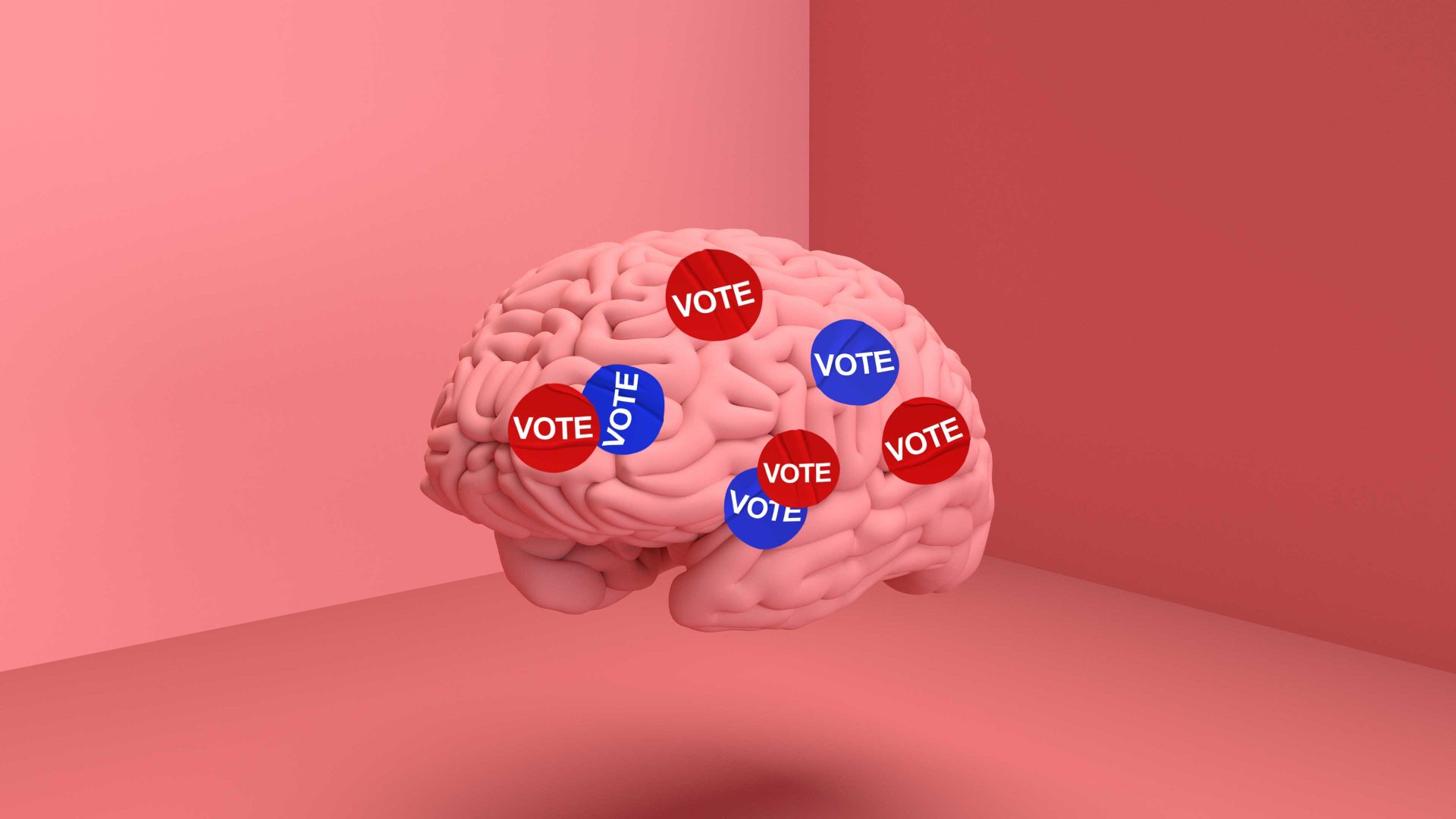In spite of the fact that one of my favourite actors, the late Sir Sidney Poitier, was born in Miami, Florida has never seemed to me to be a particularly interesting or nice place. But I promise to end this column about the sunshine state with a song.
First, full disclosure: growing up in the 1960s, Florida, to me, was a place where black people, and not “woke”, as Ron DeSantis bellows, went to die.
Back then, TV and newspaper coverage of Florida focused not on spring break, the blow-out college holiday that brings students from all over the country to do everything in Miami, but on the civil rights struggle: the horrors of that. The reality of that.
Florida was also where the grandparents of my New York friends fled to. They were going to where there was sun; hot weather, and life was easy. When I moved to London in the 1980s, it always astounded me how desperate the English were to flee to the sun… anywhere. And one of the places of choice was Florida. The Florida of eternal light.
The cereal heiress Marjorie Merriweather Post built a sprawling estate there that she named Mar-a-Lago (“sea to lake”). So our Jell-O, and my mother’s Maxwell House cup of morning coffee, among other products, built the estate that Trump now owns. The place where he hid top-secret files during part of his alternative presidency that began on Joe Biden’s inauguration day in 2021.
Within that increasingly fragile democracy known as the United States of America, Florida has its own special place. Its current governor, born in Jacksonville, was given the middle name Dion, after that star singer of the 1960s who purveyed what was called doo-wop, a kind of soul crooning style. Except that DeSantis does not croon; he decides who can use the toilets in his state. And what can and can’t be taught.
Even before the recent racist massacre in Jacksonville, DeSantis had cut funding for diversity and inclusion programmes; is making moves to redistrict a congressional area in northern Florida led by an African American congressperson; and then there was the famous “don’t monkey things up” jibe to his first gubernatorial opponent: an African American.
The NAACP, the premier national African American organisation, has since warned black people not to travel to Florida. I have never heard that kind of warning before about any place in the United States. Not ever.
State representative Barbara Nixon posted on X, the site formerly known as Twitter: “It’s kinda hard to believe @RonDeSantis and his ‘condemnation’ of the shooter, when he continually pushes anti-Black policies. A white man in his early twenties specifically went to kill BLACK PEOPLE. The governor of our state of Florida has created an environment ripe for this.”
This governor has even more grieved and aggrieved citizens to address, notwithstanding tropical storm Idalia, which has laid waste from end to end.
Maybe it is my native mid-western ignorance of the South, but I wonder why Florida has never meant much to me. Disney World is there, and all of that; Cubans risked their lives to land there from the 1960s onwards.
Yet in not being visible to northerners like me, mid-westerners like me, Florida exemplifies something messed up about the States now.
The founding fathers never envisaged a land in which its constituent parts would be vulnerable to splitting off, disintegrating. Florida was admitted to the union in 1845, as what was called a “slave state”, and became a part of the confederate states of the United States in 1861, after voting to secede from the union as a protest against the election of Abraham Lincoln.
During the civil war, the majority of the people of Florida were not able to fill the confederate army’s criterion of sending it soldiers who were male, white and between the ages of 16 and 45. Not a lot of those in Florida back then. The governor, rather than surrender to the union, killed himself.
The state was a place in the 1920s of excess, the seat of the largest migration in US history, bigger than the one to the West, a state where millions went to the hotels, and the new cities, and the wealth.
Donald Trump personifies this kind of Florida, during its boom time in the US; a place to flee to; above all, a kind of rebellious place always looking askance at the federal government. The Higher Power up north. In the roaring 20s, some called it the real capital of the United States.
Now it is the capital of legislation that discriminates against people who are not male, straight, white. In recent legislative sessions, these things have happened:
DeSantis approved a plan to prevent abortions after six weeks of pregnancy. The state supreme court ruled that a privacy clause in the constitution does not apply;
A measure was passed that eliminated the unanimous jury in regard to the death penalty. Now only eight out of 12 jurors are needed;
The governor and lawmakers approved a measure that gave Floridians the right to carry guns without concealed-weapons licences. This is called a “constitutional carry” by supporters;
There is a law now that bars doctors from providing treatments to transgender minors. There is also now a prohibition on teaching gender identity and sexual orientation in schools. Where these kids go for help, for instruction, is anybody’s guess;
Rents are soaring. Property insurance, near the coast or inland, is becoming more expensive;
School books must be approved by librarians. But this means that a school has to hire what is called a “media specialist” trained to work with staff on how to “approve” library and classroom books and other materials. Books can be investigated more easily now, forcing people who oppose their ban to have to justify themselves instead of vice versa.
Now for the song promised at the beginning. It is Don’t Let Me Die in Florida by Patty Griffin:
“Please don’t let me die in Florida,
I don’t care about my name.
If you catch me dying in Orlando,
Throw my bed on the train.”




